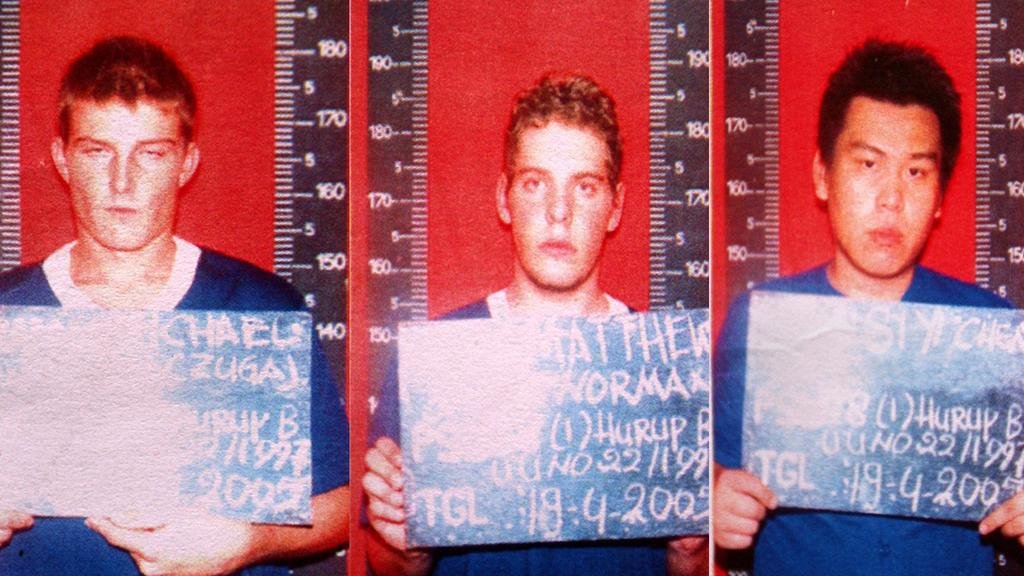
Following agreements to transfer Filipina death-row prisoner Mary Jane Veloso just a few days ago, Indonesia has agreed to repatriate the five remaining members of the Bali Nine drug trafficking ring to Australia, following an official request from Australian Prime Minister Anthony Albanese.
The announcement comes after Albanese appealed directly to Indonesia’s new President Prabowo Subianto at the recent Asia-Pacific Economic Cooperation (APEC) summit in Peru, marking a potential shift in Indonesia’s strict stance on foreign drug offenders.
Yusril Ihza Mahendra, Indonesia’s Co-ordinating Minister for Legal Affairs, Human Rights, Immigration, and Corrections, confirmed Albanese’s plea for prisoner transfer and suggested that the arrangement could proceed under mutual legal assistance laws, despite Indonesia lacking formal prisoner exchange legislation.
A Brief History: The Bali Nine
The Bali Nine case traces back nearly two decades, to April 2005, when a group of nine Australians attempted to smuggle 8.3 kilograms of heroin out of Bali. Valued at around $4 million, the drugs were intercepted at Bali’s Denpasar Airport, leading to the arrests of all nine individuals involved.
The case became infamous due to Indonesia’s notoriously tough drug laws, which often carry the death penalty for trafficking.
Among the Bali Nine, two ringleaders, Myuran Sukumaran and Andrew Chan, were sentenced to death and executed by firing squad in 2015, despite intense diplomatic appeals from Australia.
Another member, Tan Duc Thanh Nguyen, died of cancer while serving his sentence in 2018.
Renae Lawrence, the only female member of the group, was released in 2018 on account of good behavior.
Now, the remaining five prisoners—Matthew Norman, Martin Stephens, Si Yi Chen, Scott Rush, and Michael Czugaj—await transfer back to Australia, where they are expected to continue serving their sentences.
Shifting Policies on Foreign Prisoners
Indonesia’s latest move indicates a potential shift in policy under Prabowo’s administration.
Recently, Supratman Andi Agtas, Indonesia’s Minister of Law and Human Rights, revealed that his ministry is reviewing several prisoner transfer requests from foreign nationals, not just for the Bali Nine but also for detainees from countries like the Philippines, France, and the United Kingdom.
“This isn’t just about the Bali Nine,” Supratman remarked, noting that “there are requests for prisoner transfers from various countries. Ambassadors have formally submitted letters to us, addressed to the President, concerning these requests.”
Supratman explained that the decision-making process remains thorough and will prioritize both legal adherence and Indonesia’s interests. “We are looking for the best scenario to fulfill these requests,” he said, adding that “all parties must follow Indonesia’s legal rules.” He assured that the ministries involved would consult closely with President Prabowo Subianto before reaching a final decision.
While the exact terms and conditions of the Bali Nine prisoners’ return to Australia remain to be clarified, Indonesia’s approval represents a noteworthy diplomatic achievement for the Albanese administration. It also signals a possible easing of Indonesia’s tough drug-trafficking policies when it comes to foreign detainees.
In Supratman’s words, “we ask for patience,” as he emphasized that “a government decision is coming soon” on how Indonesia will handle foreign prisoners in similar situations moving forward.

